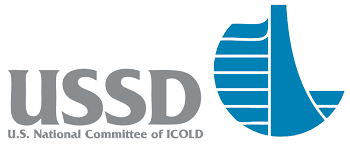Scholarships
Home > Scholarships
Kim de Rubertis Student Scholarship Awards
Applications for the 2025 Kim de Rubertis Student Scholarship Awards are now open.
Application deadline extended to March 21, 2025.
To foster career paths for young professionals, the USSD Scholarship Award program looks to award undergraduate and graduate students in the field of dams, levees, and water resources; and provide opportunities in professional organizations.
The scholarship award is given annually to students whose academic program and plans have the potential to develop practical solutions to design and construction challenges related to dams, levees and other water resources.
The following information reflects updates and changes that have been made for this program.
Nominations are invited from USSD Members and nonmembers. At the time of nomination and/or date of award, scholarship candidates must be registered full-time in an US accredited civil engineering program (or a closely related subject).
Undergraduate or graduate student pursing degree supporting the field of dams, levees, and water resources must submit an application.
Applications will be scored by a diverse panel of academia, USSD board members and active USSD members with extensive career experience in the field of dams, levees, and other water resources.
Applications must include research project proposal, future career plans, and a minimum of one letter of recommendation.
Top four finalists will present their proposal at the USSD annual conference.
Final scores will be used for distribution of Scholarship Award money. Registration fees, hotel and travel fees will be covered by USSD.
| SCHOLARSHIP AWARD PROPOSAL APPLICATION | Max. Points |
| RESEARCH PROPOSAL (75%) | |
| Problem Definition & Presentation of Material (Clear definition of the problem, objectives, and approach) | 10 |
| Problem Importance (Technical / environmental / social) | 30 |
| USSD Relevance (Benefits and contribution to USSD Mission) | 30 |
| Use of Award Money (Shows need and beneficial use) | 5 |
| FUTURE CAREER PLANS (20%) | |
| Does this person have the potential to stay and contribute to our industry? | 20 |
| RECOMMENDATION LETTER (5%) | |
| Letter No. 1 | 5 |
| Total Points Available | 100 |
| SCHOLARSHIP AWARD FINALIST PROPOSAL PRESENTATION | Max. Points |
| Problem Importance (Technical / Environmental / Social Importance (Problem Statement and Objectives / Research Approach/timeline) | 30 |
| USSD Relevance (Benefits and contribution to USSD Mission) | 30 |
| Presentation (Speaking skills, clear communication and quality visuals) | 40 |
| Total Points Available | 100 |
All Student Applicants:
Each applicant will receive access to contacts from USSD Technical Committees to provide the following support to both the applicant and their research advisor:
- Review their application and provide guidance in their respective field.
- Build connections and discuss topics with technical experts in their field.
- Discuss industry need in topic area, current research and projects related to the applicant’s research topic
Student Finalists:
The top four student application scores as defined based on the Proposal Application judging matrix will be invited to the Annual USSD conference to present their research.
Additional benefits include:
- Complementary USSD membership for two years at USSD
- Opportunity to present at the current and subsequent USSD conferences. USSD will cover the upfront costs for registration and lodging. Expenses for meals, domestic air travel, and airport shuttle/rideshare will be reimbursed after the event in accordance with USSD reimbursement procedures.
- Networking opportunities with USSD members including the Awards Committee members and USSD Board.
- Technical presentation review and feedback prior to the conference
- Financial award amounts will be distributed based on placement and typically range from $5,000 to $10,000 per submission. Final placement is based upon final scoping results received from USSD Board Members, following the Proposal Presentation scoring matrix. Annual distribution allotments are determined by the Awards Committee.
Post Finalist Award
Upon receiving an award, student winners will receive 50% of the awarded allotment following the conference. The remaining award allotment will be distributed in January of the following calendar year. Justification for alternative award payment timing may be submitted for consideration.
Award Winners will be required to provide project status updates in accordance with guidelines provided by USSD after the award.
Awards Winners will receive invitation to present on their proposal findings at the following USSD Annual Conference. Expenses for registration, meals, lodging and travel will be covered in accordance with USSD guidelines.
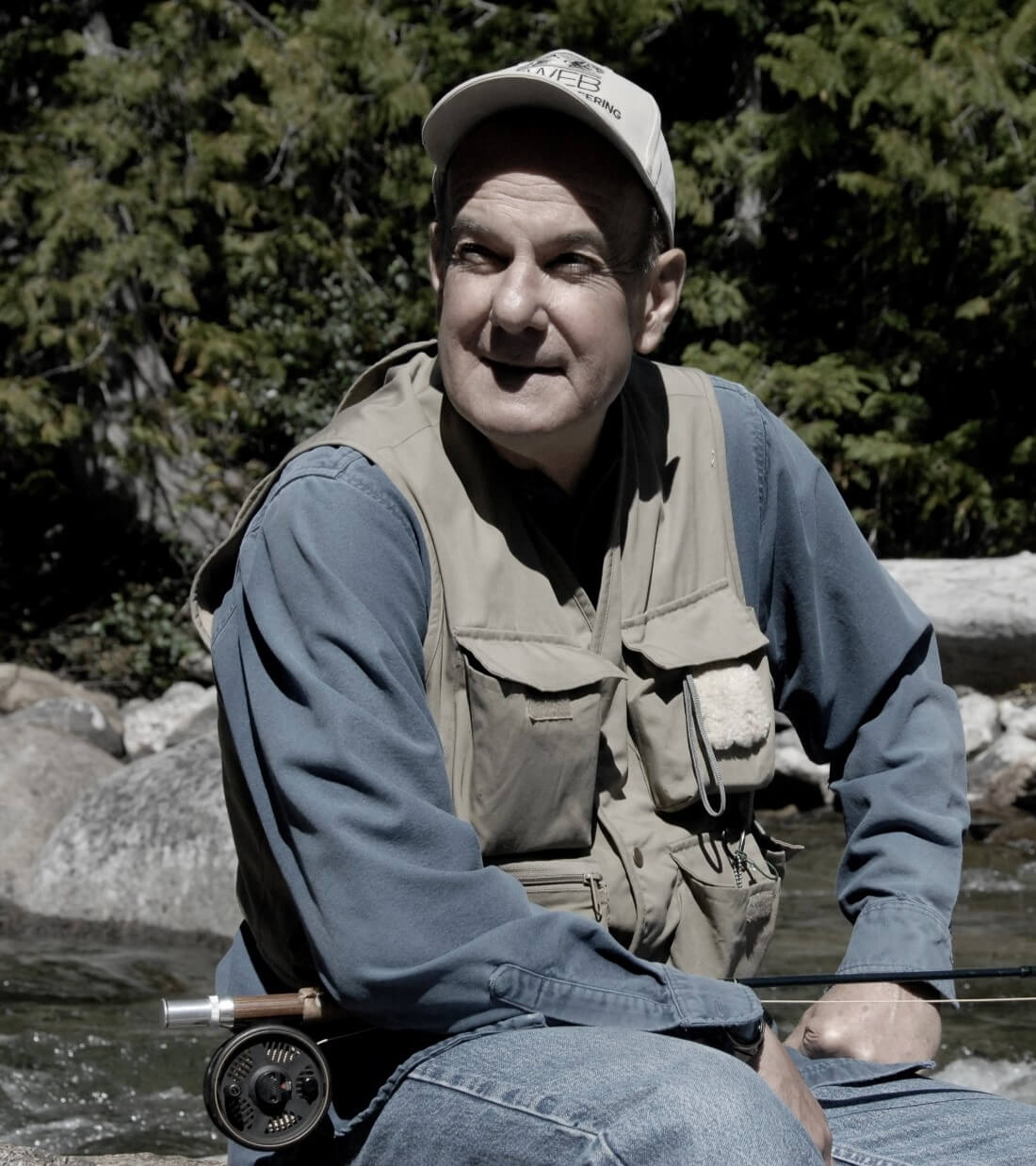
In April 2022 the USSD Board approved renaming the Student Scholarship Award Program after Kim de Rubertis. An exemplary and exceptional man, Kim Palmer de Rubertis left a lasting impact on the dam and levee industry. Read more about Kim in the Winter 2022 edition of The Bulletin.
2024 Scholarships Recipients
Scholarships ranging from $5,500-$10,500 were presented during the 2024 USSD Annual Conference and Exhibition in Seattle, WA.
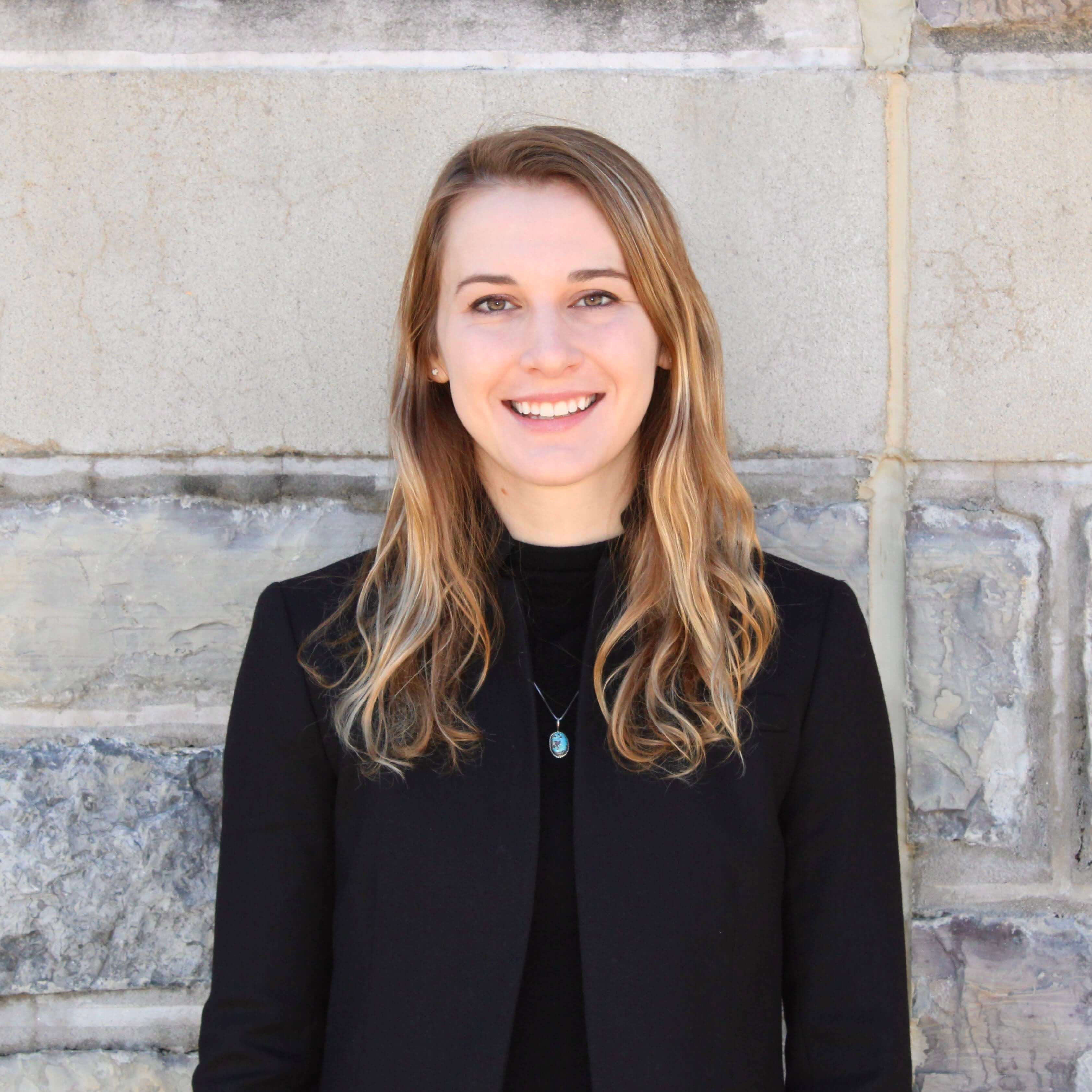
Ashley Woodard - 1st Place
University of California, Berkeley
“Evaluating Failure Mechanisms of Mine Tailings Dams Under High Stress”
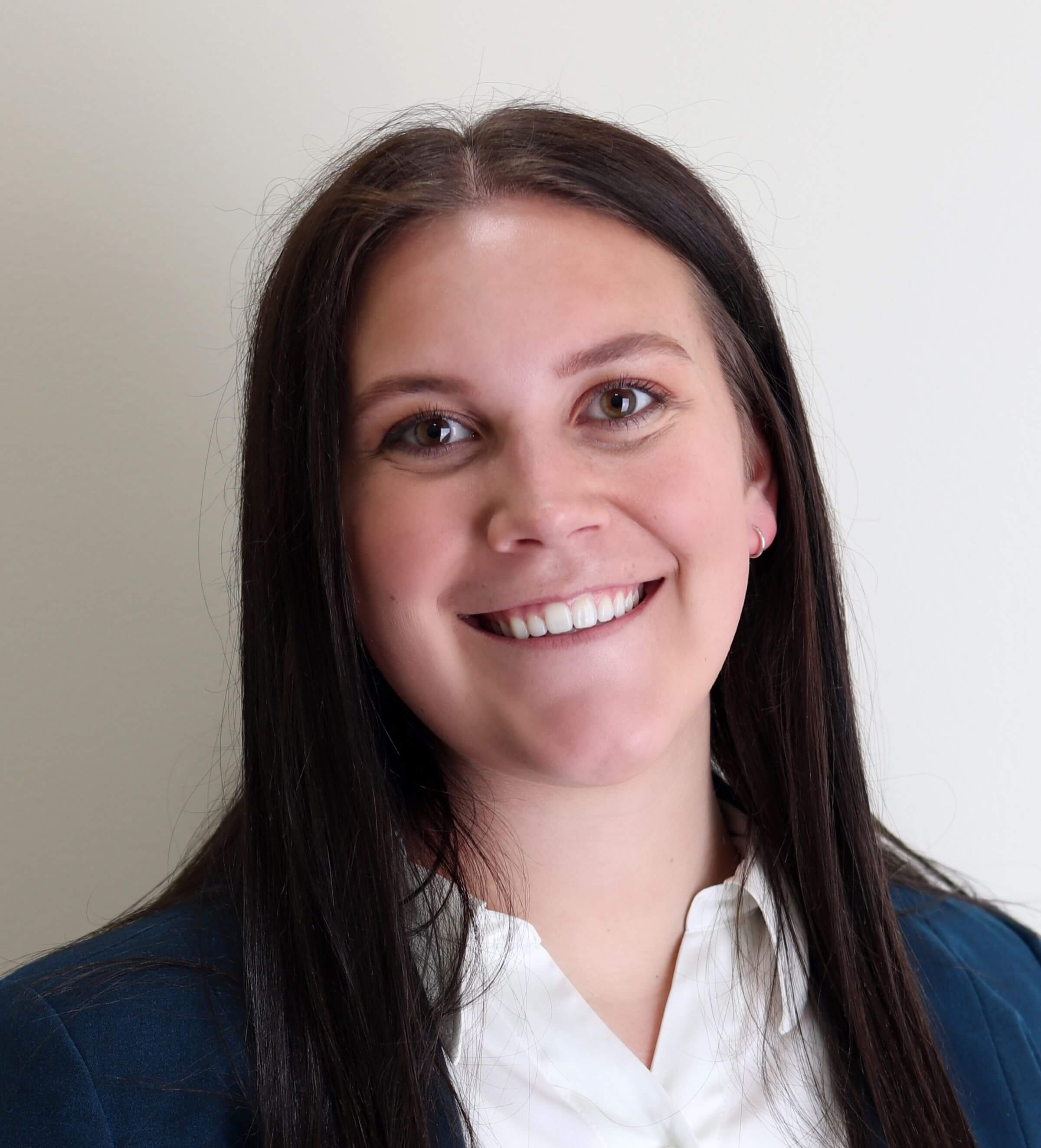
Alicia Walburger - 2nd Place
Brigham Young University
“Improvement of Probabilistic Liquefaction Triggering Curves for Gravelly Soil”
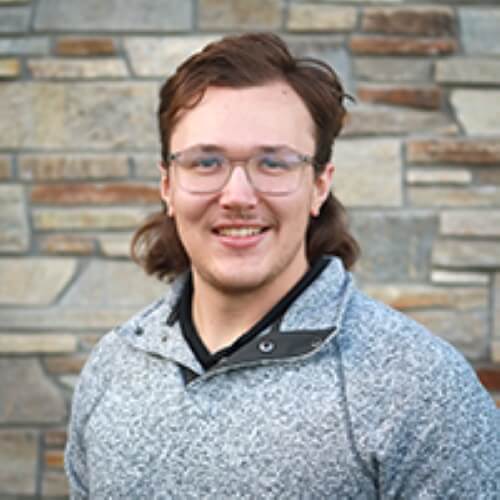
Isaac Nedved - 3rd Place
South Dakota School of Mines & Technology
“Viability of geomembranes to reduce overtopping and erosion failures in dams and levees”
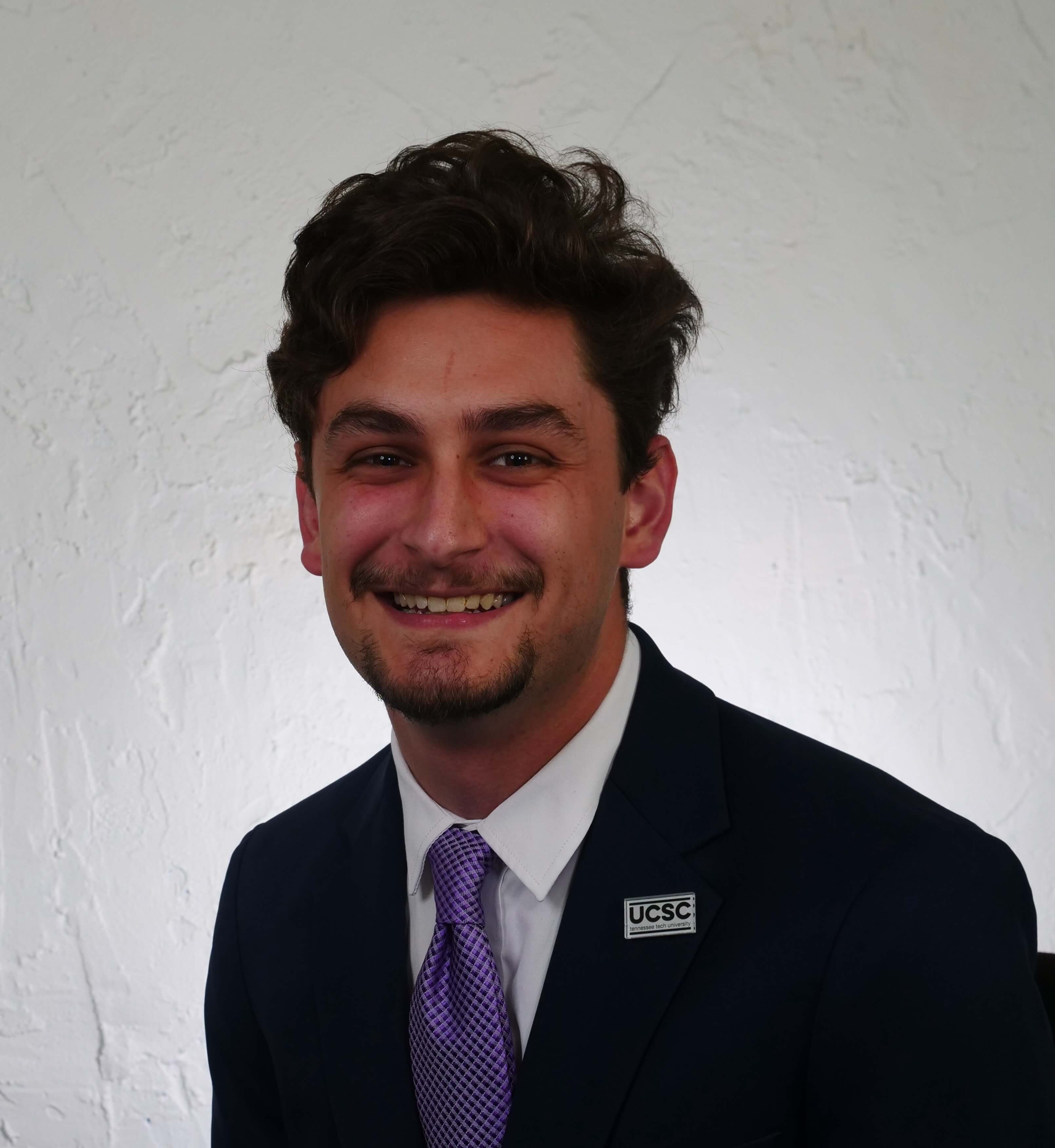
Johnathan Shelton - 4th Place
Tennessee Technological University
“Comparative Analysis of Dam Stability: Integrating Simplified Methods with FEA Seepage and Undrained Shear Strength Assessments”
Previous Recipients
Anna Lancaster, Auburn University - “Internal Erosion in Unsaturated Slopes: Experimental Studies and New Monitoring”
Calvin Tohm, South Dakota School of Mines & Technology - “Quantifying the impacts of hydro-mechanical weathering with regards to integrity of small dams and levees”
Flora Xia, California Institute of Technology -
“A Fourier Neural Operator Framework for Seismic Stability Screening of Embankment Slopes”
Golsa Mahdavi, University of Colorado Boulder -
“Digital Twins in Dam Engineering”
Lucas Rivera, MS, New Mexico State University – Field Scaling of Enzyme-Induced Carbonate Precipitation for Erosion Control in Sloping Ground
Brittany Russo, PhD, University of California, Berkeley – Non-invasive Levee Health Monitoring using Data Fusion and Machine Learning for Infrastructure Resiliency against Climate Change
Jason Poff, BS, Brigham Young University – Stream Slope Map to Predict Drowning Potential at Low-head Dam
Irene Liou, PhD, University of California, Davis – Decision-making framework for seismic safety of dams given large uncertainties
Jingwen He, University of Texas, Austin, Ph.D. Civil Engineering, $5,000 – Development of Seismic Fragility Relationships for Earth Dams
Francisco HumireGuarachi, University of California, Davis, Ph.D. Geotechnical Engineering, $5,000 – Effect of Gradation and Grain Size on the Liquefaction Behavior of Coarse-Grained Soils
Julia Loshelder, University of Arkansas, Ph.D Civil Engineering, $5,000 – Remote Sensing Methods to Monitor the Change in Water Content in Dams
Golsa Mahdavi, University of Colorado, Boulder, Ph.D. Civil (Structural) Engineering, $5,000 – Deterioration of Concrete Dams from Alkali Aggregate Reaction
Jack Cadigan, Louisiana State University – $5,600 Design Trends and Guidance for Substratum Pressure Relief Wells for Dams and Levees Using Computational Methods
Amy Getchell, Purdue University – $4,800 Alternative Use of Synthetic Nanoclay for Permeation Grouting in Dam and Levee Engineering
Michael Kiernan, Auburn University – $4,800 Improving Methods to Evaluate the Effect of Strain-Softening Clays on the Stability of Dams
Tyler Oathes, University of California Davis – $4,800 Implementing the Effect of Strain-Rate on Strain-Softening Clays into Nonlinear Dynamic Analyses
El Hachemi Bouali, Michigan Technological University – $8,000 Numerical Analysis of Embankment and Berm Settlement based on InSAR Remote Sensing Measurements
Sean Salazar, University of Arkansas – $6,000 Satellite Based Radar Remote Sensing for Monitoring of Dams
Carolyne Bocovich, Colorado School of Mines – $4000 Investigation of Backwards Erosion by Data Driven Modeling
Johnathan Blanchard, University of Arkansas – $2,000 Relative Humidity Inhibitive Coatings for the Reduction of Degradation Caused by Active Alkali-Aggregate Reactions in Dams
Sean Salazar, University of Arkansas
Remote Sensing for Monitoring of Dams, $10,000
Jennifer Ostrowsky, Utah State University
Evaluating the Ductility, Volumetric Stiffness and Permeability of Soil‐Cement for Cut‐off Wall Backfill Materials, $3,000
Kalie Poston, Tennessee Technological University
Parametric Study of Levee Saturation for Undrained Rapid Drawdown Analysis, $1,000
Carolyne Bocovich, Colorado School of Mines
Investigation of Backwards Piping Erosion by Data Driven Modeling, $1,000
Ali Asghari Tabrizi, a PhD Candidate at the University of South Carolina, received a $10,000 scholarship to support his research, Collection of Perishable Data and Numerical Investigation of Earthen Embankment Failures during the 2015 South Carolina Flood.
Timothy Koch, State University of New York, received a $1,000 scholarship to support his research, Remote Detection and Characterization of Dams using LiDAR Elevation Data.
Lourdes Boulware, a PhD student at Utah State University, received a $10,000 scholarship to support her research, Modeling Geomorphic Features in Levee Reliability Analyses.
Ryan Meier, University of Southern California;
Alexander Sturm, University of California, Davis; and
Ali Asghari Tabrizi, University of South Carolina,
Beena Ajmera, Virginia Polytechnic Institute and State University, received a $10,000 scholarship to support her research, Cyclic Shear Strength Characteristics of Cohesive Materials.
Matthew W. George, Brigham Young University;
Jonathan F. Hubler, University of Michigan; and
Christopher Krage, University of California, Davis, received $1,000 scholarships.
Michael F. George, University of California, Berkeley, received a $10,000 scholarship to support his research, Scour of Discontinuous Blocky Rock.
Allison G. Danner, Oregon State University, and
Minal L. Parekh, Colorado School of Mines, received $1,000 scholarships.
Mark S. Raleigh, a graduate student at the University of Washington, received a $10,000 scholarship to support his research, Improving Representation of High-Elevation Snowpack for Summer Water Supply Forecasting.
Allison G. Danner, Oregon State University, and
Jack A. Montgomery, University of California, Davis, received $1,000 scholarships.
Adam J. Lobbestael, a graduate student at the University of Michigan, received a $10,000 scholarship to support his research, Using Engineered Cementitious Composites to Enhance Risk Mitigation for Levee Systems.
Clinton Carlson, University of Michigan, and
Julie A. Vano, University of Washington, received $1,000 scholarships.
Scholarships Sponsored By
